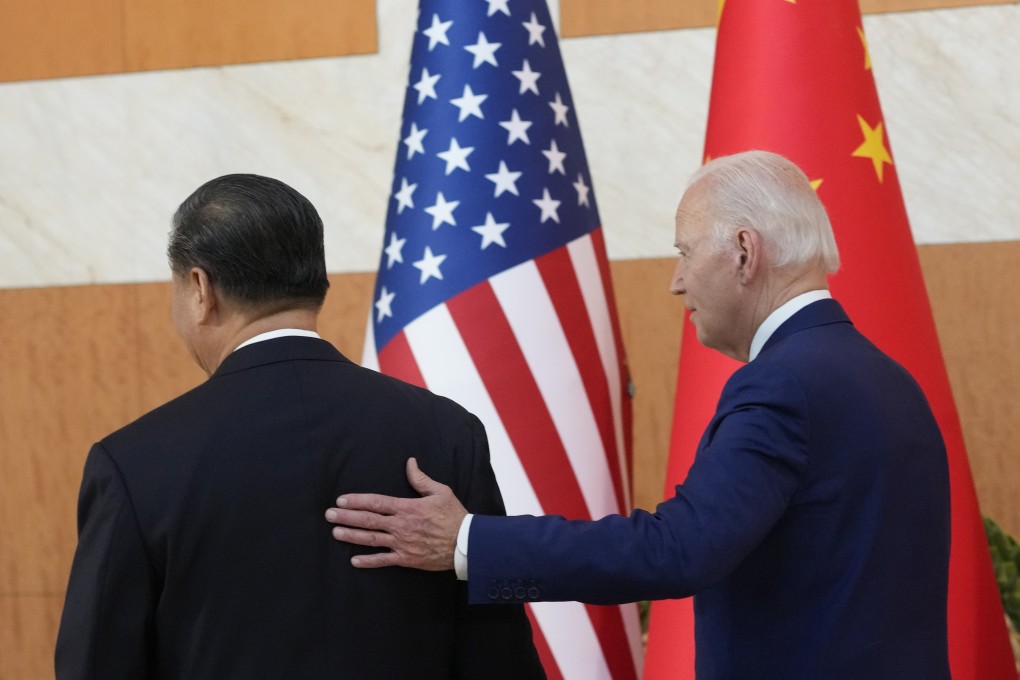Opinion | From G20 to Apec, great-power obstinacy is strangling plans for economic recovery
- Recent summits suggest the US and its allies will be in an extended tussle soon with the China-Russia partnership – an impasse that will hit geo-economic agendas across the world and doom the climate fight

This censure was agreed in the joint statement despite the divergent political, strategic and security orientations of the members of the G20. There were varying views about how Moscow was to be held culpable for launching the war in Ukraine and this dissonance was noted in Bali. Apart from the host Indonesia, major nations that have not hectored Moscow in public include China and India.
This pattern was also evident at the Apec summit, as attendees deftly navigated the contentious Ukraine war issue.
The Apec statement noted that, “Most members strongly condemned the war in Ukraine and stressed it is causing immense human suffering and exacerbating existing fragilities in the global economy”. But it also added that there are “other views and different assessments of the situation and sanctions” – a reference to China, among others.
